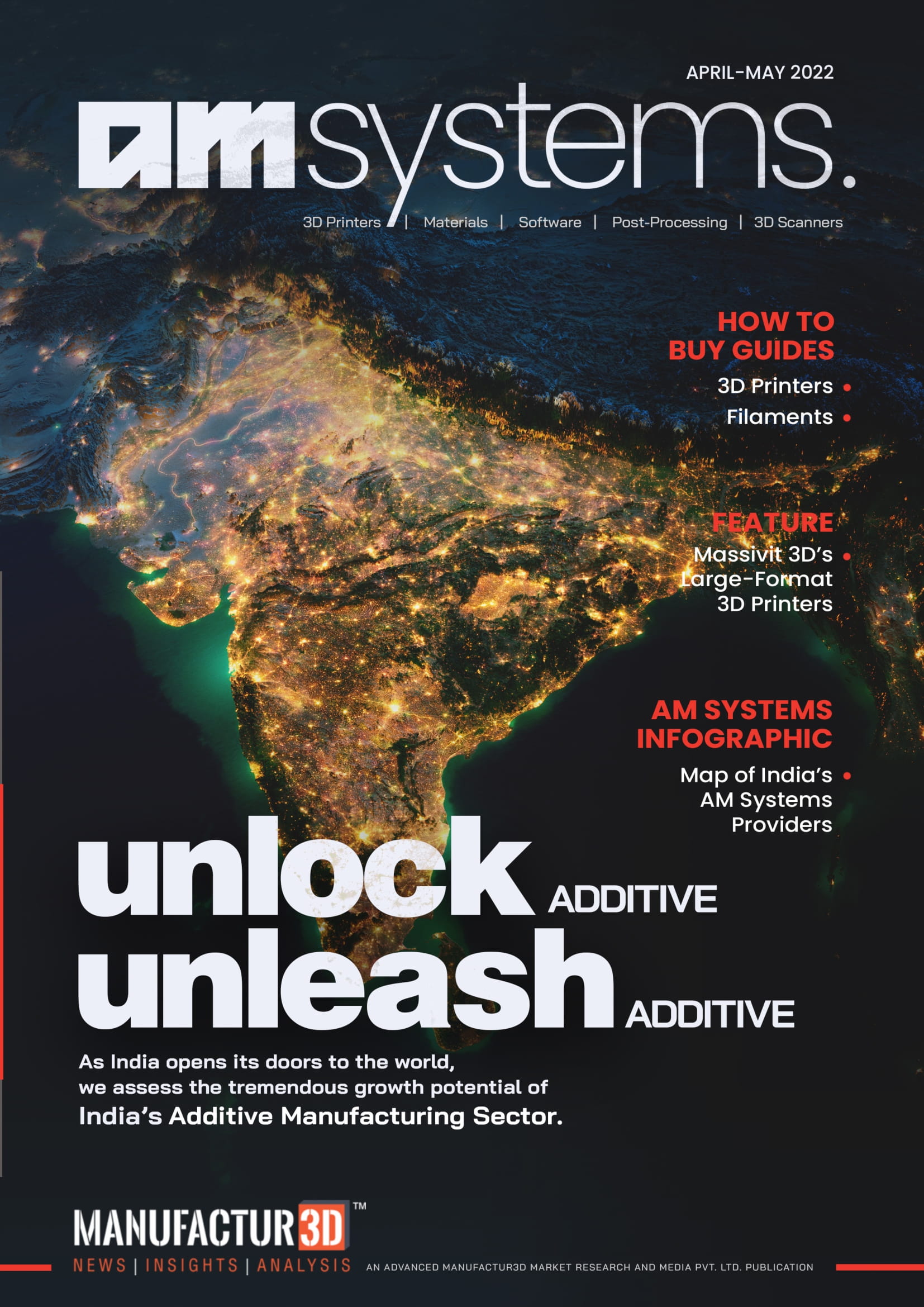
A groundbreaking collaborative endeavor known as the AstroCardia project has emerged, bringing together the expertise of five prominent Belgian entities: Space Applications Services, SCK CEN (The Belgian Nuclear Research Centre), QbD Group, BIO INX, and Antleron. This consortium is embarking on a transformative mission that involves the creation of a 3D printed heart and circulatory system destined for outer space – specifically, the International Space Station (ISS). This futuristic endeavor seeks to unravel the enigmatic facets of heart health and the aging process by conducting pioneering experiments in the unique environment of space.
Exploring Heart Aging Usung 3D Printed Heart
Cardiovascular diseases pose a growing threat as individuals age, yet the underlying mechanisms remain a puzzle. The AstroCardia project emphasizes the dearth of faithful models for deciphering the intricate biological processes at play. Their audacious solution involves venturing into space to study heart aging with a fresh perspective using 3D printed heart.
Hilde Stenuit, a researcher at Space Applications Services, elucidates the rationale: “Our heart changes as we age. It slowly gets bigger and stiffer, the arteries calcify, and the pumping power deteriorates. In space, factors such as stress, microgravity, and radiation cause those aging processes to occur 20 times faster. So in space, we are speeding up time to learn using 3D printed heart. And that gives us the unique opportunity to obtain research results that we cannot obtain here on Earth. The platform we will develop will allow research into the mechanisms that drive cardiac aging. This research will be fully automated and can be operated remotely.”

Bioprinting a ‘Heart-on-a-Chip’ and Crafting an Artificial Circulatory System
Peering deeply into the intricate workings of a living human heart is a Herculean task. This challenge has spurred the researchers to devise an ingenious approach: the bioprinting of a miniature 3D printed heart complete with an artificial circulatory system.
The 3D printed heart is heart-on-a-chip is a tiny chip, spanning only a few square millimeters, where heart muscle cells are meticulously printed. This ‘ink’ is composed of biomaterials and stem cells with the remarkable ability to develop into any cell in the human body. Over time, these cells divide and organize themselves into a burgeoning human heart model called a cardiac organoid.
Also read: Meltio Space is an Ultimate Toolpath Generator Software
To nurture this nascent organoid, an artificial circulatory system administers vital stimuli, oxygen, and nutrients. Once matured and pulsating, the miniature hearts become subjects for comprehensive testing, a milestone scheduled for 2025 aboard the International Space Station.
A Space Experiment of Cosmic Significance
The pivotal test on 3D printed heart onboard the ISS involves launching heart-on-a-chip devices into space, where they will be kept alive for a minimum of six weeks. Throughout this duration, real-time monitoring will provide invaluable insights. Upon their return to Earth, the QbD and SCK CEN research teams will conduct meticulous post-flight analyses.
This space experiment with 3D printed heart seeks to determine whether exposing the developed cardiovascular system to the space environment can be a reliable scientific model for studying heart aging. Though barely the size of a chia seed, the miniature hearts faithfully emulate their human counterparts. This innovative technique holds the promise of advancing our understanding of cardiovascular diseases and facilitating testing potential medicines. Notably, the ability to personalize these miniature hearts using a patient’s own stem cells marks a substantial stride toward personalized medicine, as highlighted by Dr. Kevin Tabury, SCK CEN radiobiology expert.
Intriguingly, the Belgian Nuclear Research Centre, SCK CEN, is no newcomer to the domain of AstroCardia, having long delved into the effects of radiation on cardiac aging, encompassing both radiotherapy and space exploration contexts.
The Crucial Role of Specialist Materials and Expertise
Creating a 3D printed heart model on a chip demands specialized materials and precise equipment. The AstroCardia team asserts that specialist material is indispensable to the project. The process necessitates a 3D bioprinter with micrometric precision, living stem cells, and ‘bio-ink.’ The consortium relies on Belgian start-up BIO INX to develop the stem cells into a printable format. Jasper van Hoorick, CEO at BIO INX, likens the process to building a wall, with stem cells as the bricks and bio-ink serving as the mortar.
Jan Schrooten, CEO of Antleron, underscores the significance of the chip’s resilience to the extreme conditions of space, emphasizing their commitment to contributing their expertise to the project.
The AstroCardia project ventures beyond earthly horizons, aiming to address tomorrow’s challenges today. A healthy heart holds importance not only for those currently grappling with cardiovascular diseases but also for the intrepid astronauts exploring the mysteries of space. This collaborative pursuit stands as a testament to the potential for innovation, discovery, and the advancement of personalized medicine.
About Manufactur3D Magazine: Manufactur3D is an online magazine on 3D Printing. Visit our Global News page for more updates on Global 3D Printing News. To stay up-to-date about the latest happenings in the 3D printing world, like us on Facebook or follow us on LinkedIn and Twitter. Follow us on Google News.



